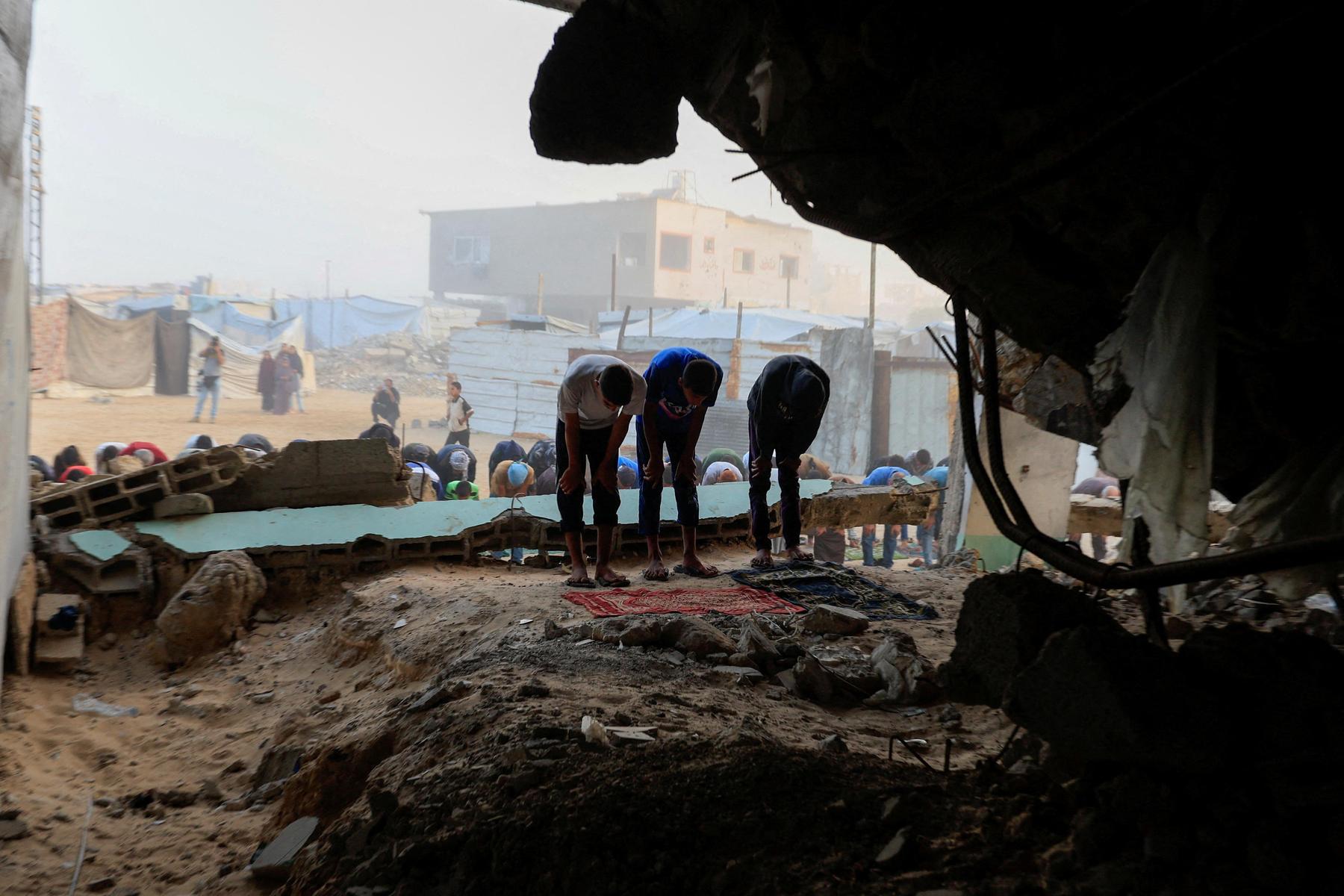The stigmatized Bulgarian | Diary

« Stigma on Mental Disorders in Bulgaria » by Veronica Dimitrova
St. Kliment Ohridski University Publishing House, 2025
The history of the stigma from the bodily sign to the metaphor of pain goes through social reading, and it is stronger in suggestions because nothing categorizes as permanently as prejudices. Their labeling is especially visible in the sociology of medicine, and in particular, in stigma, be mentally ill.
Veronica Dimitrova’s monograph is dedicated to the stigmatized Bulgarian. The author seeks answering questions about how social attitude fits into the complex of the disease and how to live with this disease, how the negative meanings are transmitted and what the consequences are.
Having a mental illness in Bulgaria is as medical as a social diagnosis. On the one hand, you are forced to live in mystery – because of the radical misunderstanding, because of shame and fear of rejection, and on the other, you have the preliminary knowledge that (s) Bulgarian society is inclined to strong stigma.
The myths of a peaceful life
Veronica Dimitrova enters psychiatric hospitals and wards and surveyed patients and their relatives, her empirical material reveals to us how the Bulgarian accepts his role as a mentally ill, what is the cost of entering an institution and what are the mechanisms of resistance to the Great Stigma. The picture is too unrealized: authoritarian attitude of medical professionals, ill -medication, miserable hospitals.
| But the stigmatized Bulgarian must also fight the thesis of the innocence of the disorder that he is capable of nothing but to be ill. The circle is highly vicious: the disease is considered a basic status, the patient is aid, and they in turn contribute to the qualification of damage and the reinforcement of the stigma. |
The ruined identity thus pairs the patient and his biography with the institutions: almost all respondents respond that they have a TELC solution or seek to acquire it. The institutional environment in Bulgaria stimulates the receipt of social benefits, and in them is the trap: as soon as you accept the help, you admit that you accept to remain a patient, and there is not so much reconciliation and powerlessness as the convenience of you and others to make your decisions.
« Irony » – the art of the shallow plowed
Poorly. Nobody believed me, even to a large extent no one, continues to believe me. Because they, they said to themselves, « Get tight! », « Get well! », « Now what are you shaking!? What are you sob!? », « It’s nothing you have. All your research is ok. » And in general, all people are … They expect you to show them, for example, that your hand is broken or that you are bleeding, or something, however, you have nothing to show them because you have no external wounds or scars, or whatever it is. Because all this happens inside you. (…) Many people respond with « Tighten! ». « Tighten! » is the greatest nonsense and the worst thing you can hear. (I68.1)
The profile of the stigmatized Bulgarian is reminiscent of a foggy silhouette of watercolor painting – barely deceived outlines whose external borders merge with the landscape, as the biographical is blurred by the institutional. This marginalization is even more tangible when it is borne in mind that people with mental illness in our country have limited vital chances: stigma marks forever and patient is equal to socially unequal.
| The study of Veronica Dimitrova is extremely important, her contribution comes out of the field of medicine and is convincingly fitted to sociology, philosophy, folk psychology, even with the discovery of symptoms of relationships and relationships. In the pages of her monograph, I did not encounter extreme constructivism and as if I was reading a constant insistence on social reactions between the ranks. |
Between resistance and compromise
The book is written with respect for the individual and his personality, observing the dignity of all whose stories are the empirical material for the study. These are 87 biographical interviews conducted in Sofia, Pleven, Varna, Vratsa and Plovdiv at the end of 2019. The author admits that she has met the resistance of the hospital authorities.
Veronica Dimitrova is an assistant at the Department of Sociology, Sofia University « St. Kliment Ohridski ». Its fields of interest are the sociology of medicine, history of medicine and urban research. She co -authored the book « Portraits of the disappearing Sofia » (2012), the author of the book « Poverty Management (hygiene and medicine during the interwar period in Bulgaria) » (2018) and the project manager « Mental Health and Social Inequalities », funded by the Research Fund.










